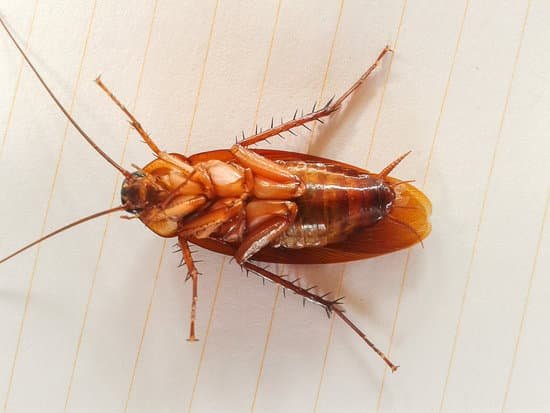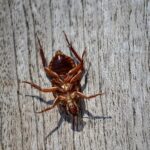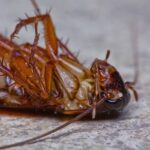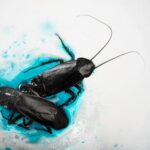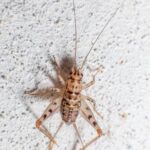Why Are Cockroaches So Hard to Kill?
Cockroaches are a common household pest that can be difficult to get rid of. These hardy bugs have a high reproductive rate and can survive harsh conditions. They are also adept at hiding from predators. Despite their size, cockroaches are hard to kill and can cause a large infestation.
Cockroaches are hard to kill due to their fast legs and flexible exoskeleton. The fast legs enable them to squeeze into tiny cracks and escape from enemies. They can survive by feeding on dead skin, adhesives, paper, and hair. They can also develop resistance to some pesticides.
Cockroaches have large genomes, which are their genetic material. They have more genes than most insects studied. This means they can evolve resistance to pesticides after only one generation. Moreover, they can reproduce multiple times and pass on their resistance genes to their offspring.
Despite their small size, cockroaches have incredibly strong immune systems. This helps them survive in many different environments. In addition to that, their bodies are made up of overlapping plates and membranes that stretch under pressure. As a result, stepping on a cockroach will not squish it, but will send it running away to a crack or crevasse.
Another way to protect your home from cockroaches is by ensuring proper sanitation. A dirty environment is an invitation to pests, so make sure your kitchen surfaces are kept clean and free of debris. Moreover, never leave food open or unprotected. You should also seal up cracks and crevices in your home. Small crevices are common entry points for these pests.
